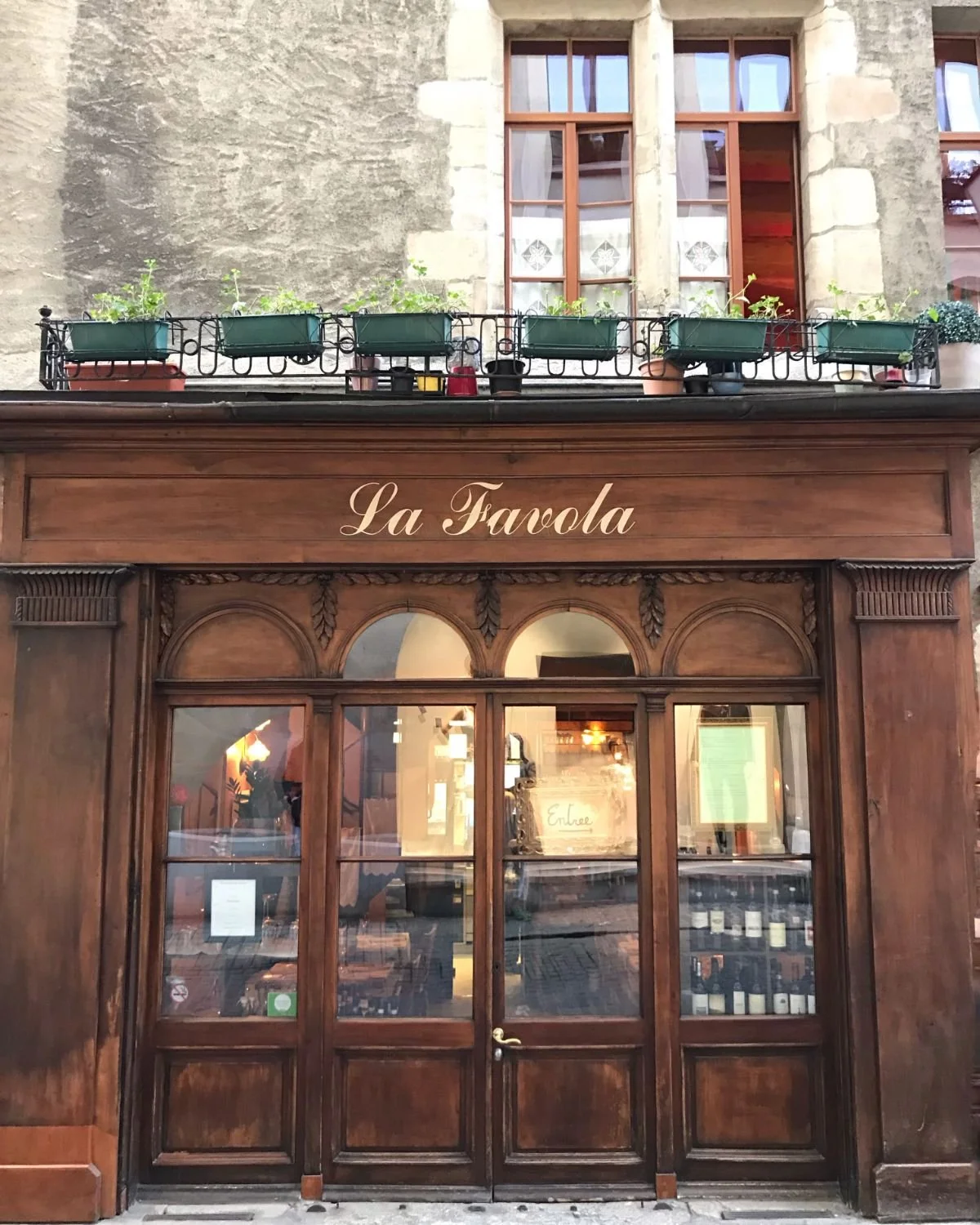Choosing Your Geneva Neighborhood: A Friendly Expat Guide
Moving to Geneva is exciting, but choosing where to live can feel a bit overwhelming. As someone who’s navigated this city as a newcomer, I know the stress—but I also found that each neighborhood has its own personality. Here’s a walk-through of the most popular areas, their perks and drawbacks, and what I wish I’d known before settling in.
Eaux‑Vives (Left Bank)
Pros:
Picture-perfect lakeside walks, parks like La Grange, cafés, bars, and restaurants—all within reach.
A vibrant, international vibe with strong expat presence.
Great public transport: multiple tram lines and CEVA train to the city centre and beyond.
Cons:
High rents and strong competition for flats.
Can be noisy, especially in summer with tourists and local events.
Diana’s take: I loved living here—lake views, spontaneous aperitifs in parks—it felt like a daily holiday. But the high price and occasional bustle mean it’s best for those craving energy and don’t mind a bit of noise.
Plainpalais & Acacias
Pros:
Studenty, bohemian vibes with markets, galleries, bars—and more affordable rents.
Well connected by transport.
Cons:
Gets noisy at night and during events.
Some areas feel rougher; drug activity has been reported.
Diana’s take: I value the vibrant, youthful energy—cafés, flea markets, creative spaces. But choose your street carefully—you might discover a lively bar or two downstairs!
Champel / Florissant
Pros:
Lush, green, residential, and calm—great for families with parks everywhere.
Spacious apartments and good services like schools and shops.
Cons:
One of the most expensive areas.
Less nightlife; it’s quiet and more suburban.
Diana’s take: I spent years in Champel after having kids—it’s peaceful, lovely, and excellent schooling makes it worth the cost. Just know you’ll miss lively cafés and bars.
Old Town (Vieille Ville)
Pros:
Historic charm—cobbled streets, boutiques, cafés, and walkable beauty.
Central location: everything is within walking distance.
Cons:
Small, old apartments; fewer parking options and tough for strollers or elevators.
Rents are high, and streets are hilly and pedestrian only.
Diana’s take: I adore the Old Town’s charm and atmosphere—if only practicality wasn’t an issue. Ideal for singles or couples without kids.
Pâquis & Nations (Right Bank)
Pros:
Super central, cosmopolitan, with diverse food and nightlife options.
Good transport links and close to Cornavin station.
Slightly cheaper rents than lake-side areas.
Cons:
Can be noisy, especially around Cornavin and the red-light district.
Safety is generally okay, but avoid walking alone late at night in pockets of the area.
Diana’s take: A cosmopolitan vibe with global cuisine and easy city access. But I’d be cautious at night—just pick your streets wisely.
Servette & Petit-Saconnex / Grand-Saconnex
Pros:
Affordable, leafy, with family-friendly housing and green spaces.
Convenient for those working in international organizations.
Cons:
Fewer nightlife and dining options; quieter and more residential.
Some parts can feel ‘grittier’ or have noise from nearby facilities.
Diana’s take: It’s where practicality meets peace—especially great for families or people working at UN or WHO. I’d just avoid streets too close to busy facilities.
Carouge
Pros:
Charming, bohemian village feel with artisanal shops and cafes.
Slightly removed from central hustle but still well connected.
Cons:
Flat supply is tight; rents reflect the vibe.
Commute can be longer if you work in the heart of Geneva.
Diana’s take: This is my neighborhood, and I love its spirit. It feels like a little Mediterranean escape and is so friendly—but be ready to act fast when listings come up.
Final Thoughts: How to Choose
Consider your commute—Geneva’s public transport is great, but where you live affects daily ease.
Weigh cost vs. lifestyle—city buzz or peaceful retreats?
Think long term—families often choose Champel or Servette; singles may prefer Plainpalais or Pâquis.
Inspect at different times—day, evening, and weekend to sense actual vibe.
Let your personality guide you. Not every street will feel like home immediately—but once you find the right one, Geneva’s neighborhoods will open up in their own charming ways.
Welcome to the city, and remember—finding your perfect corner can take time, but I’m here cheering you on!
— Diana

